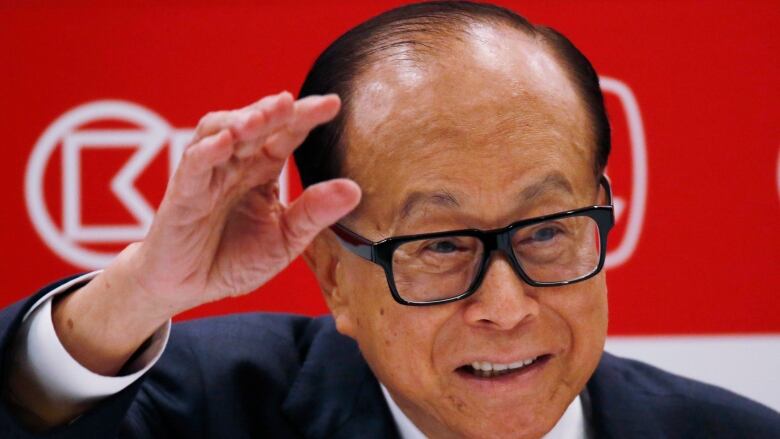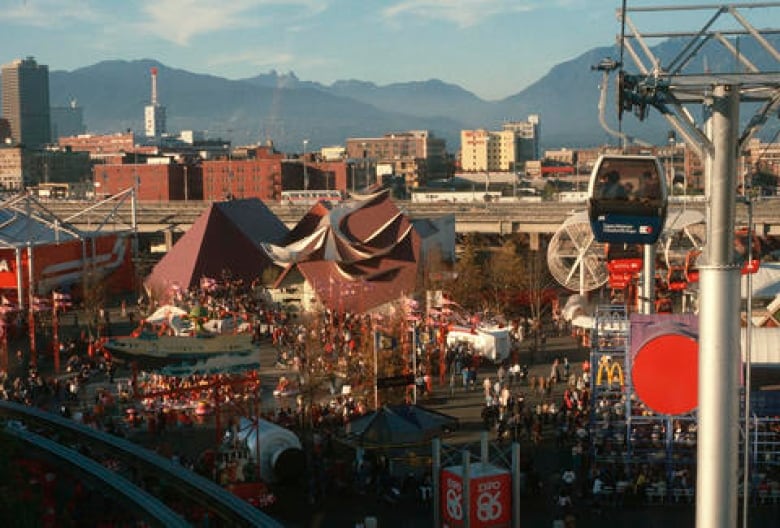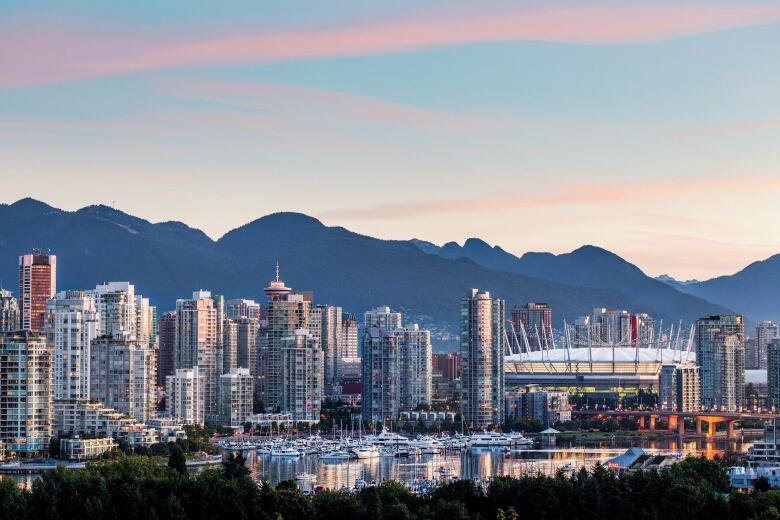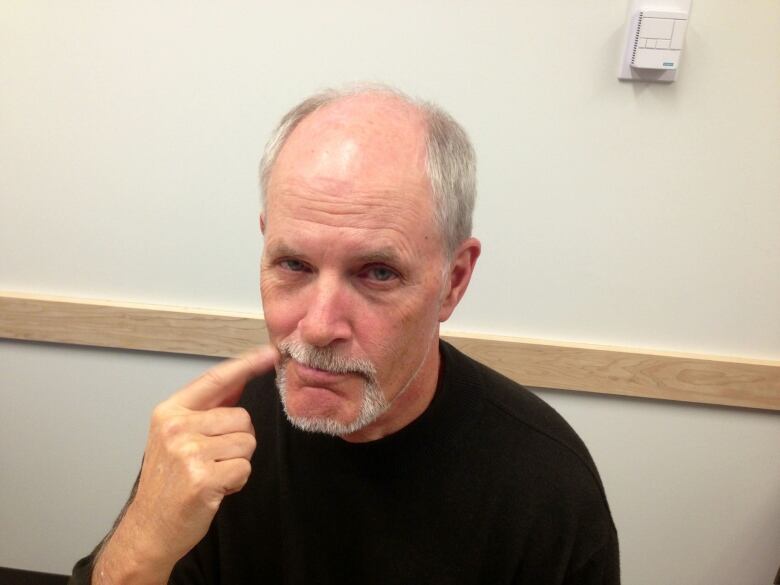Deal of the century: Expo 86 land purchase changed Vancouver
Controversial land deal set stage for Asian investment and growth of city Vancouver would become

It was a controversial land deal that seems like a bargain in retrospect.
Viewed today, a Chinese tycoon's purchase of the Expo 86 lands may have set Vancouver down a path to becoming one of the world's most liveable and expensive cities.
'He understood the potential'
His name is Li Ka-shing:net worth currentlyvalued at US$27.1 billion. According to Forbes, the Hong Kong businessman isone of the richest men in Asia.
Not surprisingly, he's a guy who knows a deal when he sees one.
And in the haze of the post-Expo era, a deal is exactly what Li saw in the extensive False Creek industrial acreage the province put up for auction after the world's fair.
He bought the Expo lands in 1988for $320 million, to be spread over 15 years. But the real price is generally considered to be about $145 million, in part becausethe province paid the staggering cost of remediating the soil.

Regardless, the purchase of such amassive block of land in the heart of downtown was unprecedented.
Urban planning consultant Bob Ransford says the city changed forever.
"I think the transaction itself the sale was transformational for Vancouver and for British Columbia," Ransford says.
"I don't think Li was directly involved in the planning for the site, but he understood the potential that it had."
Safety from the storm of Hong Kong
Expo 86 took place on a stretch of land that now arguably boasts one of Canada'sshowcase communities.
Bikes and pedestriansshare a seawall in front of condo buildings, schools, parks and shops which have gradually emerged in place of theinternational pavilions, stages and concessions which captured the public's imagination throughout one long, fabled summer three decades ago.

That's the candyfloss version.
The realityis that the government of the day made a political decision to sell the Expo lands as one block to a foreign purchaser. The land could have been split up and sold as parcels. And local investors also competed for the purchase.
But experts agree that selling to one of Hong Kong's most highly connected businessmen sent a message.
"What happened with the sale was really the messaging that the government was deliberately sending that it was open for business on the Pacific Rim," says Gordon Price, former Vancouver city councilor and director ofSimon Fraser University's City Program.
"And it was coincidental with the reunification of Hong Kong with China, so that particular circumstance was something that really made Vancouver an attractive place for Hong Kong investment and migration."
'Acute sense of timing'
In his 2001 book, Globalization and Urban Change: Capital, Culture and Pacific Rim Megaprojects, Kristopher Olds dedicates a chapter to Li Ka-shing and the development of the Expo lands.
The University of Wisconsin geography professor describes Li as having "an acute sense of timing."
Olds writes that Vancouver was seen as a proving ground andsuitable location for a second home for Li's son, Victor, who was put in charge of developing the site.
The government of the day was derided for selling the Expo lands for a song.In his book, Olds points out that Li's involvement sent a key message at a time when Hong Kong familieswere looking for a safe place to land and to store their moneyin the event of a Chinese crackdown.

"Flows of immigrants and visitors are prospective condominium purchasers," Olds writes.
"They generate the demand for a product which can be marketed in both Vancouver (where recent Hong Kong immigrants recognize the 'brand name' of Li Ka-shing in particular) and Hong Kong."
Price says Li himself played little part in the actual development of the site; that was left to Stanley Kwok, the urban planner and master builder the tycoon trusted to help his son shepherd the project into being.
Kwok had his feet in both cultures. And Price credits him for working with the politicians of the day to bring a blueprint for a liveable community to life.
"Thevisionwas completely embedded in the official development plan before there was a right of any particular condo to go up," he says.
"And in a way by beingable to do all of that planning beforehand, we had some sense, the developer had some sense, and the community had some sense of how that was going to work."
Could it have happened without Expo 86?
Decades later, Vancouver's real-estate prices are sky-high and researchersare weighing the impactof wealthy Chinese speculatorson the white-hot market. It's natural to ask if Li Ka-shing set that ball in motion.
But the conspicuously wealthyinvestors whose kids are featured inTV shows like 'Ultra Rich Asian Girls of Vancouver' are very different to Li, a man noted for his personal modesty and his family's dedication to Canada.
It's also fair to wonder if the whole thing would have been possible without Expo 86 serving as a catalyst.
Ransford has no doubt. There's just something about large, pivotal events which have a way of cutting through red tape and turning vision into reality.
"Any time you do a big event where there's a commitment to have something open and operating in a short period of time, you have to marshal a lot of resources and a lot of ingenuity to make that happen," he says.
"They bring out the best in your own community. They rally people around a hopeful vision, and they end up with legacies."
Ransford says the massive transformation of industrial land to liveable community that happened with the Expo lands would not have been possible in a normal development cycle.
"In this case I think the legacy was the transformational transaction on a piece of land."












_(720p).jpg)


 OFFICIAL HD MUSIC VIDEO.jpg)
.jpg)



























































































